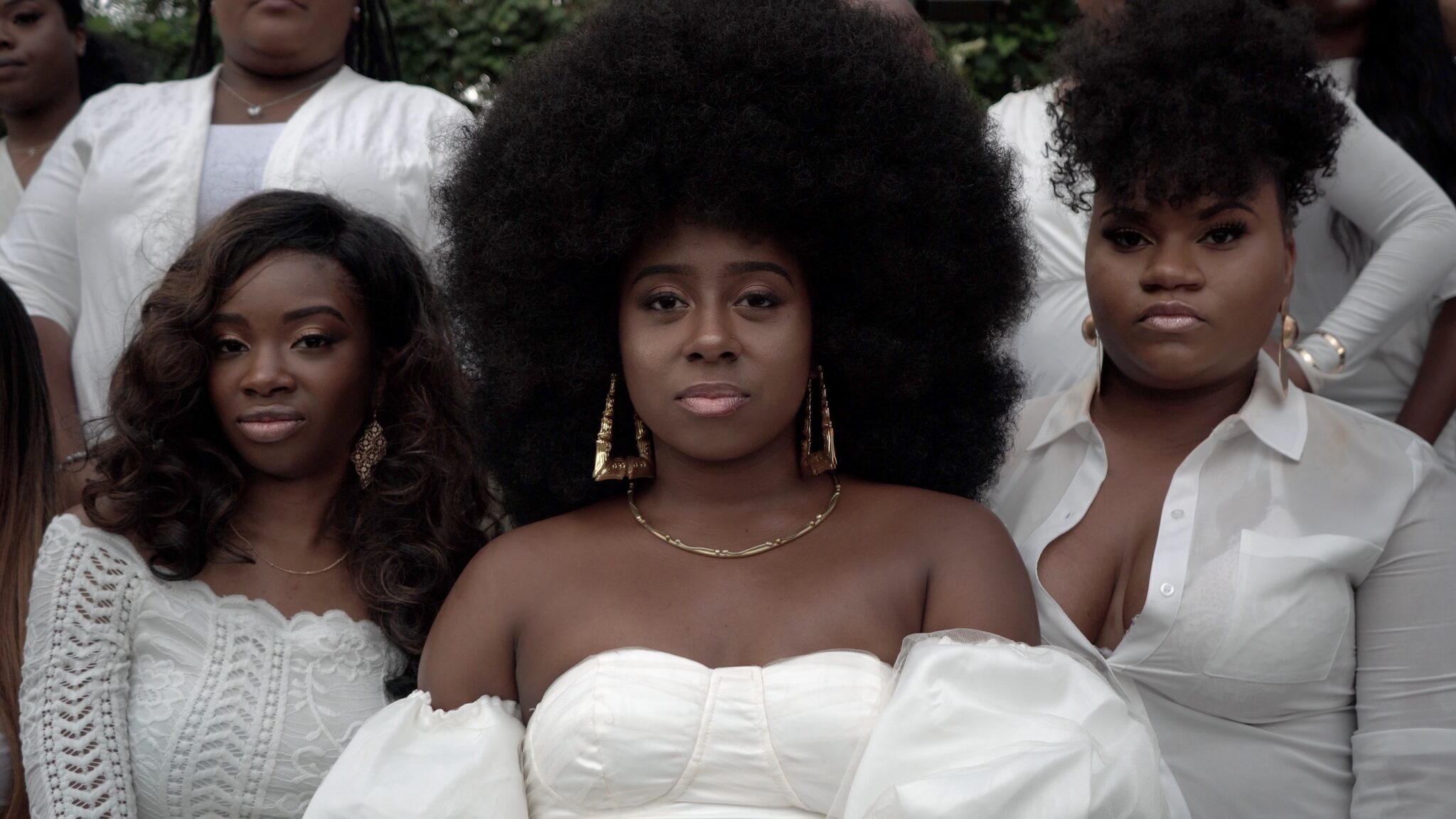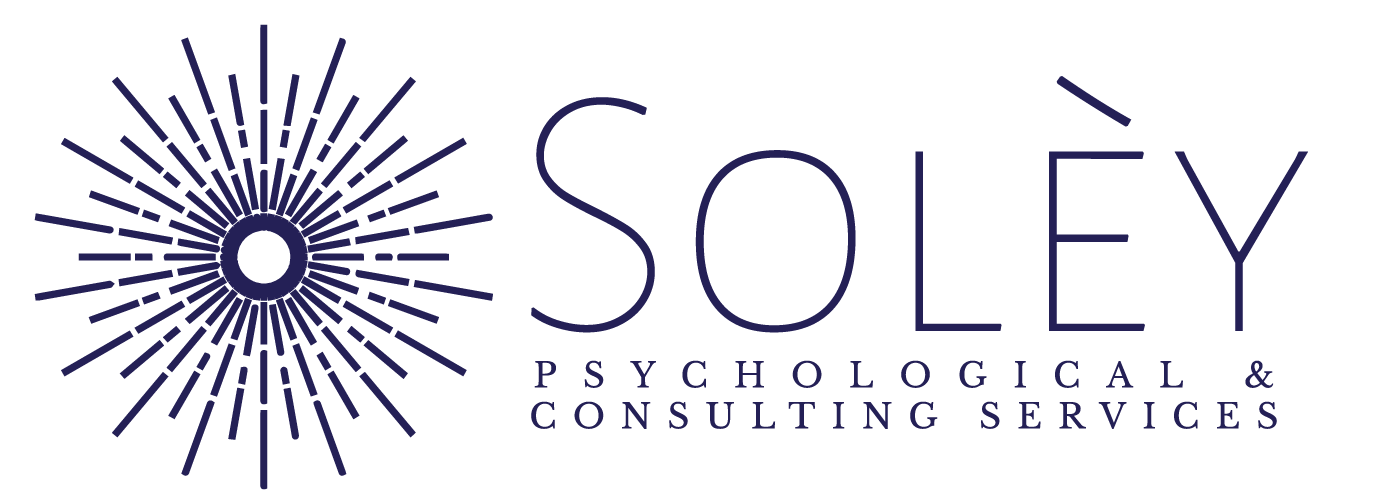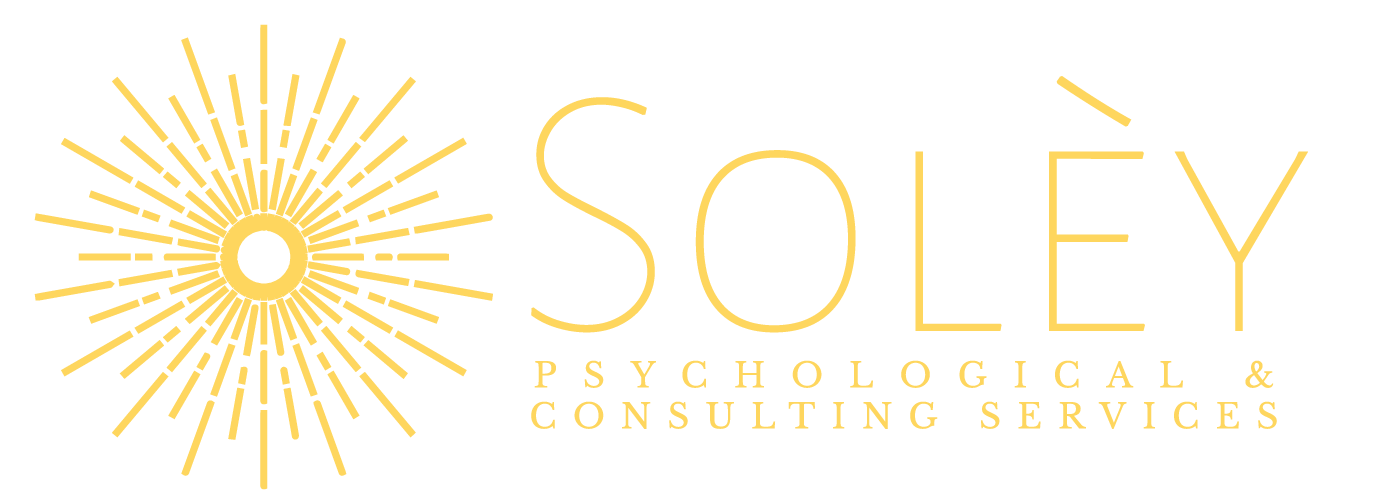
26 Jun Being Pro-Black Gets a Bad Rep
It is June 2020. Our world is plagued with an unexpected virus that challenged our country’s economic health as stores, restaurants, schools, and public events have closed. More importantly, the spread of the virus exposes the country’s health disparity and its overwhelming impact on the Black community. African Americans have contracted and died from the virus at alarming rates due to the compounding effects of pre-existing conditions like hypertension and diabetes.
It is June 2020 and overlaid with the effects of COVID-19, the racial climate intensifies as countless Black men and women are slaughtered on and off phone cameras and body cams. Breonna Taylor, Ahmaud Arbery, and George Floyd are some of the names of Black victims of police brutality that echoes in marches across all major cities in the 50 states of America and across the world. Protestors risk their health and lives to make a stand against injustice and inequality for Black people.
As Black people try to grapple with the collective trauma of seeing someone who could have been their brother, sister, father, or mother die as yet another devastating video is broadcasted on national news, the pain and outcry grow deeper and deeper. In search of refuge, acceptance, and answers, over time many Black people have looked deeper. They have dived into books and resources. They have watched documentaries for hours. They have engaged in conversations with other like-minded Black people over hours of shared stories and experiences of oppression, perseverance, and new-founded truths of their heritage. THIS is a new form of self-care. THIS enlightens and affirms. THIS creates stronger connections to unknown origins and ancestors. THIS is healing. THIS strengthens one’s cultural identity and sense of self. THIS empowers.
And as Black people return to work or ZOOM meetings, they still carry the burden of oppression. Their hearts are still heavy. However, their ears are refined and selective. Their voices are more pronounced and seasoned. The nervousness often associated with wearing and displaying their culture does not seem so heavy. Wearing natural hairstyles is no longer carefully thought of and BLM t-shirts are worn without hesitation. They now understand the nuances that were once vague, but now clear: the dismissals, the deflection, the lip-service without any initiatives for change, the undermining… the microaggressions.
Realizing your blackness is healing. Affirming your blackness is cleansing.
Being Pro-Black is necessary for survival. Being Pro-Black is caring for yourself. It’s June 2020. A lot has happened. It’s June 2020 and being Pro-Black is the new self-care.
It is June 2020 and overlaid with the effects of COVID-19, the racial climate intensifies as countless Black men and women are slaughtered on and off phone cameras and body cams. Breonna Taylor, Ahmaud Arbery, and George Floyd are some of the names of Black victims of police brutality that echoes in marches across all major cities in the 50 states of America and across the world. Protestors risk their health and lives to make a stand against injustice and inequality for Black people.
As Black people try to grapple with the collective trauma of seeing someone who could have been their brother, sister, father, or mother die as yet another devastating video is broadcasted on national news, the pain and outcry grow deeper and deeper. In search of refuge, acceptance, and answers, over time many Black people have looked deeper. They have dived into books and resources. They have watched documentaries for hours. They have engaged in conversations with other like-minded Black people over hours of shared stories and experiences of oppression, perseverance, and new-founded truths of their heritage. THIS is a new form of self-care. THIS enlightens and affirms. THIS creates stronger connections to unknown origins and ancestors. THIS is healing. THIS strengthens one’s cultural identity and sense of self. THIS empowers.
And as Black people return to work or ZOOM meetings, they still carry the burden of oppression. Their hearts are still heavy. However, their ears are refined and selective. Their voices are more pronounced and seasoned. The nervousness often associated with wearing and displaying their culture does not seem so heavy. Wearing natural hairstyles is no longer carefully thought of and BLM t-shirts are worn without hesitation. They now understand the nuances that were once vague, but now clear: the dismissals, the deflection, the lip-service without any initiatives for change, the undermining… the microaggressions.
Realizing your blackness is healing. Affirming your blackness is cleansing.
Being Pro-Black is necessary for survival. Being Pro-Black is caring for yourself. It’s June 2020. A lot has happened. It’s June 2020 and being Pro-Black is the new self-care.
Cindy Joseph, PhD.
Licensed Psychologist (Texas & Georgia) | Solèy Psychological & Consulting Services

